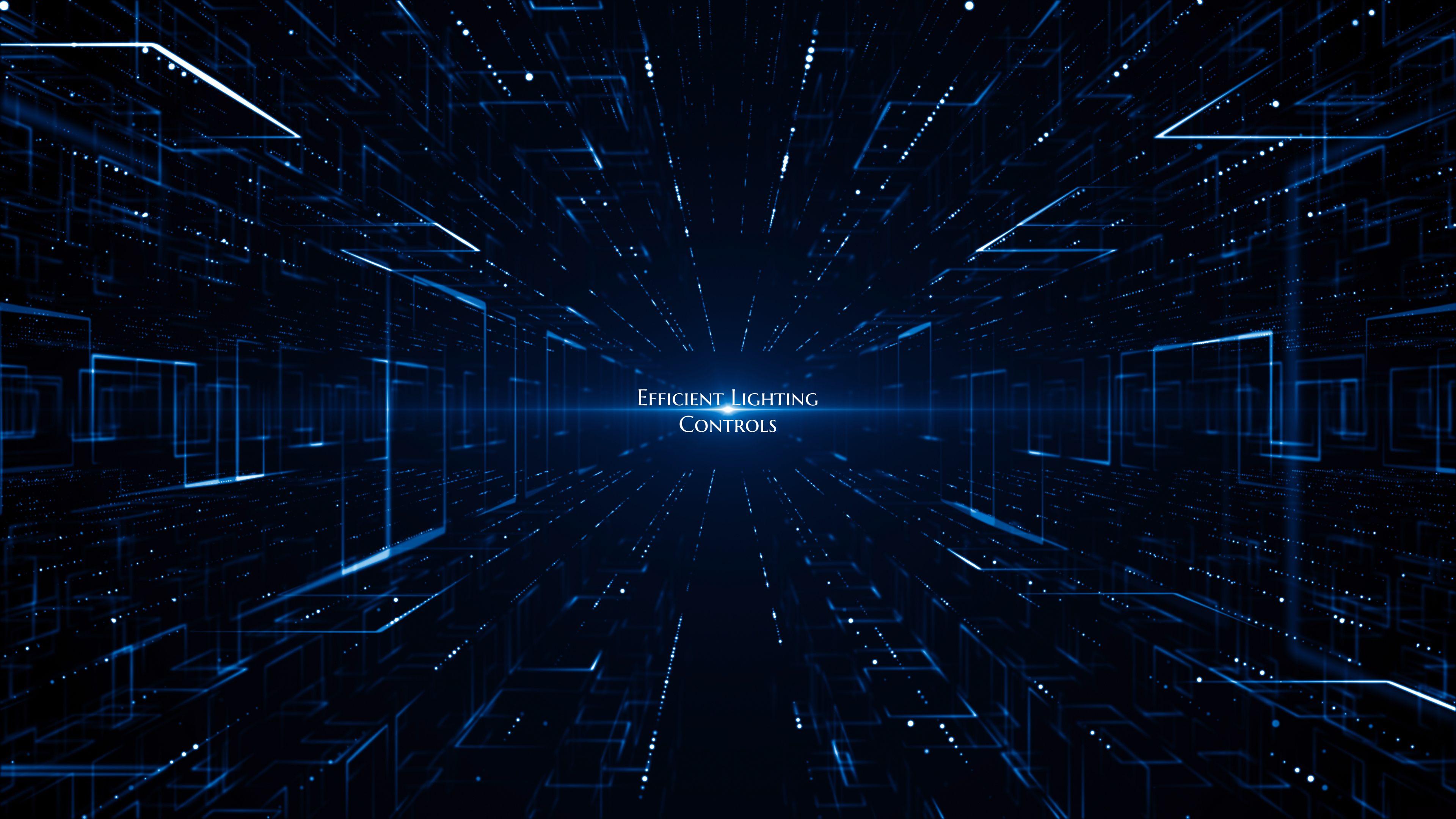Efficient Lighting Controls
Introduction:
Efficient lighting controls play a crucial role in optimizing energy usage while enhancing comfort and convenience in various settings. By intelligently managing when and how lights are used, these controls not only contribute to significant energy savings but also create a more comfortable and productive environment for individuals. In this article, we will explore the importance of efficient lighting controls and how they can be effectively integrated into different spaces.
Importance of Efficient Lighting Controls:
Efficient lighting controls are essential for ensuring that lighting systems operate at peak efficiency. By automatically adjusting lighting levels based on factors such as occupancy, natural light availability, and time of day, these controls help minimize energy waste and reduce electricity bills. Moreover, they provide users with the flexibility to customize lighting settings according to their preferences, creating a more personalized and comfortable environment.
Types of Lighting Controls:
There are several types of lighting controls available that cater to different needs and preferences. Some common types include:
1. Dimmers: Dimmers allow users to adjust the brightness of lights, providing greater control over lighting levels to suit varying tasks and moods.
2. Occupancy Sensors: Occupancy sensors detect when a space is occupied and automatically turn lights on or off, helping to avoid unnecessary energy consumption in unoccupied areas.
3. Daylight Sensors: Daylight sensors adjust artificial lighting levels based on the amount of natural light available, ensuring optimal illumination while reducing energy usage.
4. Timers: Timers can be programmed to schedule lighting operations, allowing users to automate lighting control based on specific time intervals or events.
Benefits of Efficient Lighting Controls:
The benefits of using efficient lighting controls are numerous and impactful. Some key advantages include:
1. Energy Savings: By optimizing lighting usage, efficient lighting controls help reduce energy consumption, resulting in lower electricity bills and a smaller carbon footprint.
2. Enhanced Comfort: Lighting controls enable users to create a more comfortable and tailored environment by adjusting lighting levels to suit their preferences.
3. Extended Lifespan of Lighting Fixtures: Efficiently controlling lighting can prolong the lifespan of fixtures by reducing the frequency of usage and wear and tear.
4. Regulatory Compliance: Implementing efficient lighting controls can help organizations comply with energy efficiency regulations and standards, demonstrating a commitment to sustainability.
Conclusion:
Efficient lighting controls are a valuable tool for enhancing energy efficiency, comfort, and convenience in various spaces. By leveraging the capabilities of different types of lighting controls, individuals and organizations can create well-lit environments that not only support productivity and well-being but also contribute to a more sustainable future. Embracing the benefits of efficient lighting controls is a step towards a brighter, more efficient, and environmentally friendly world.

